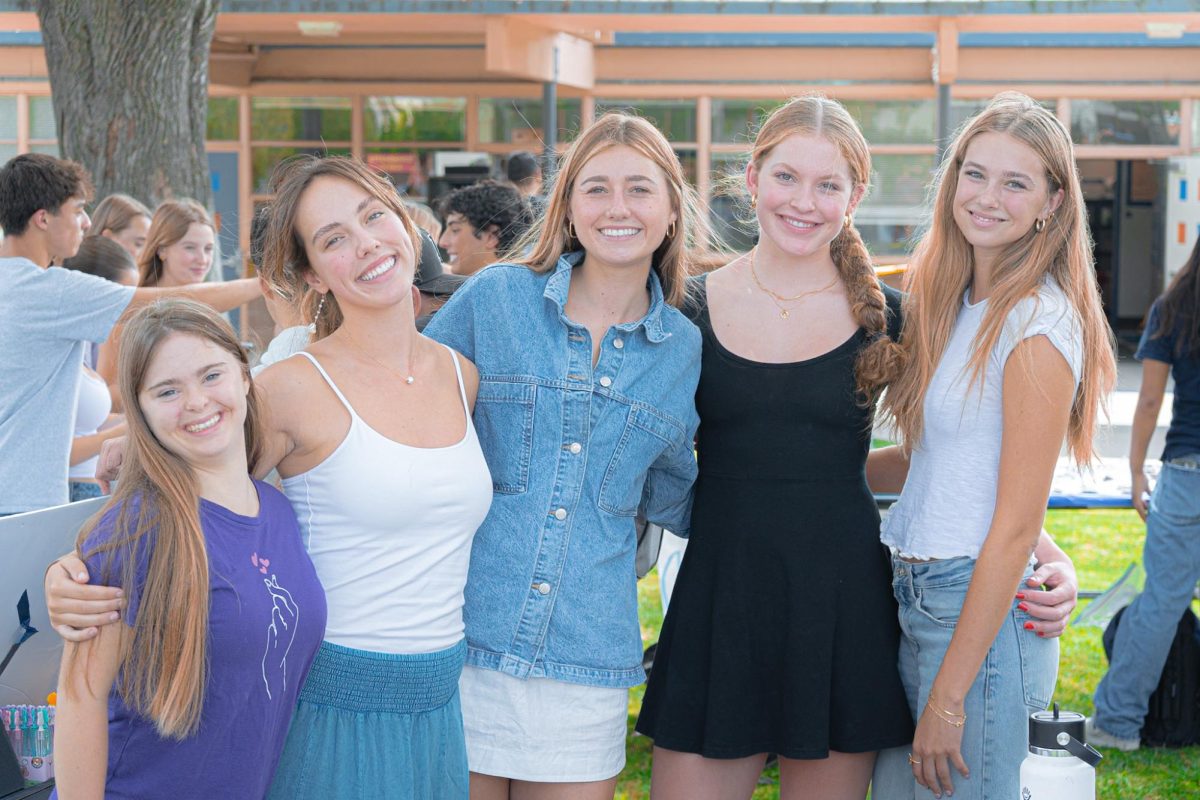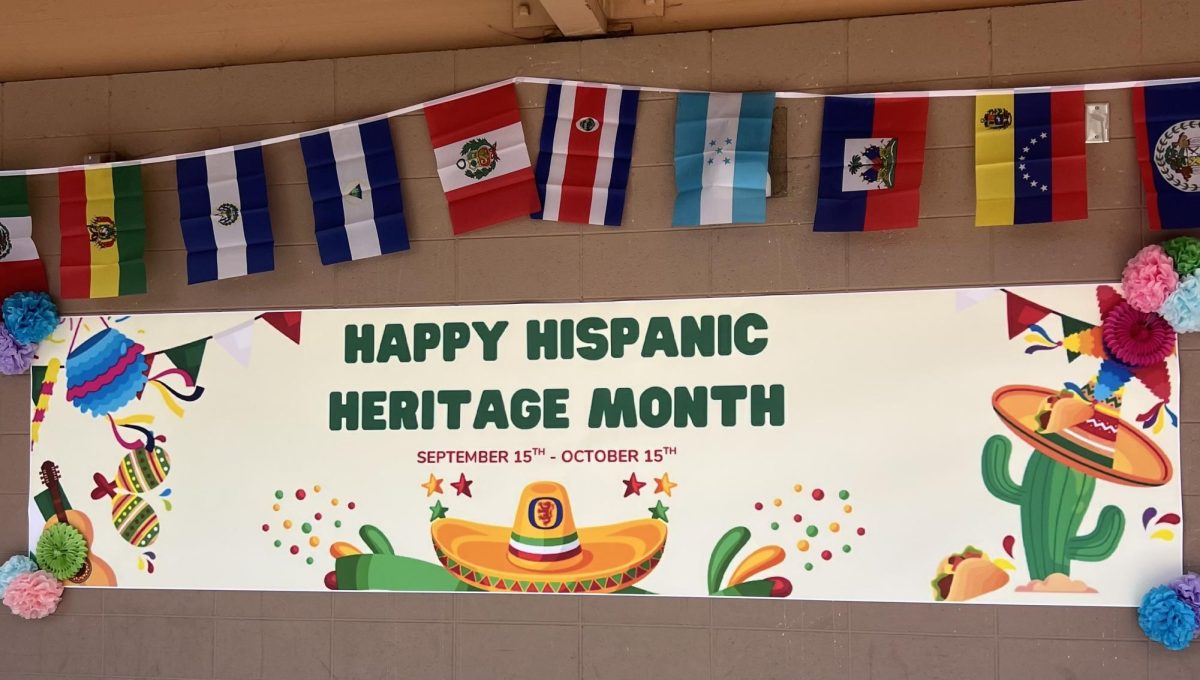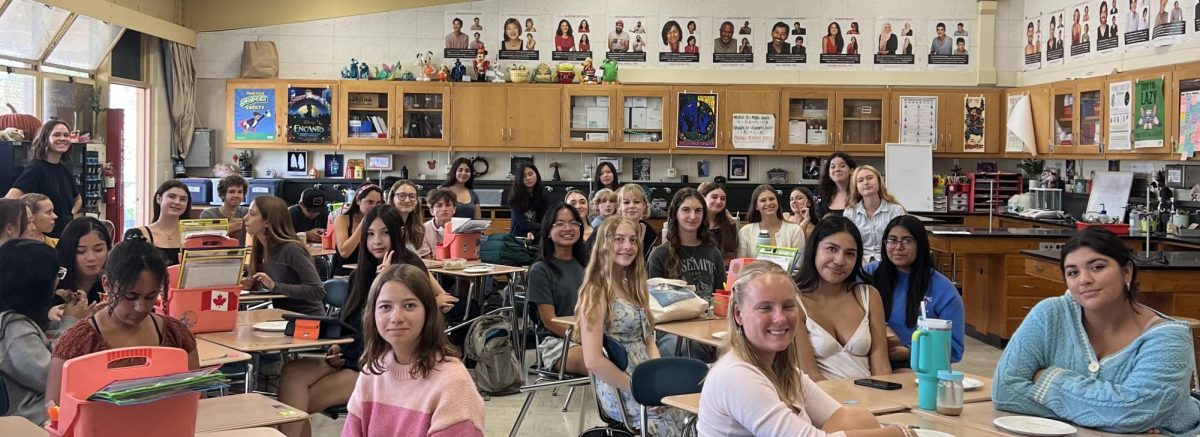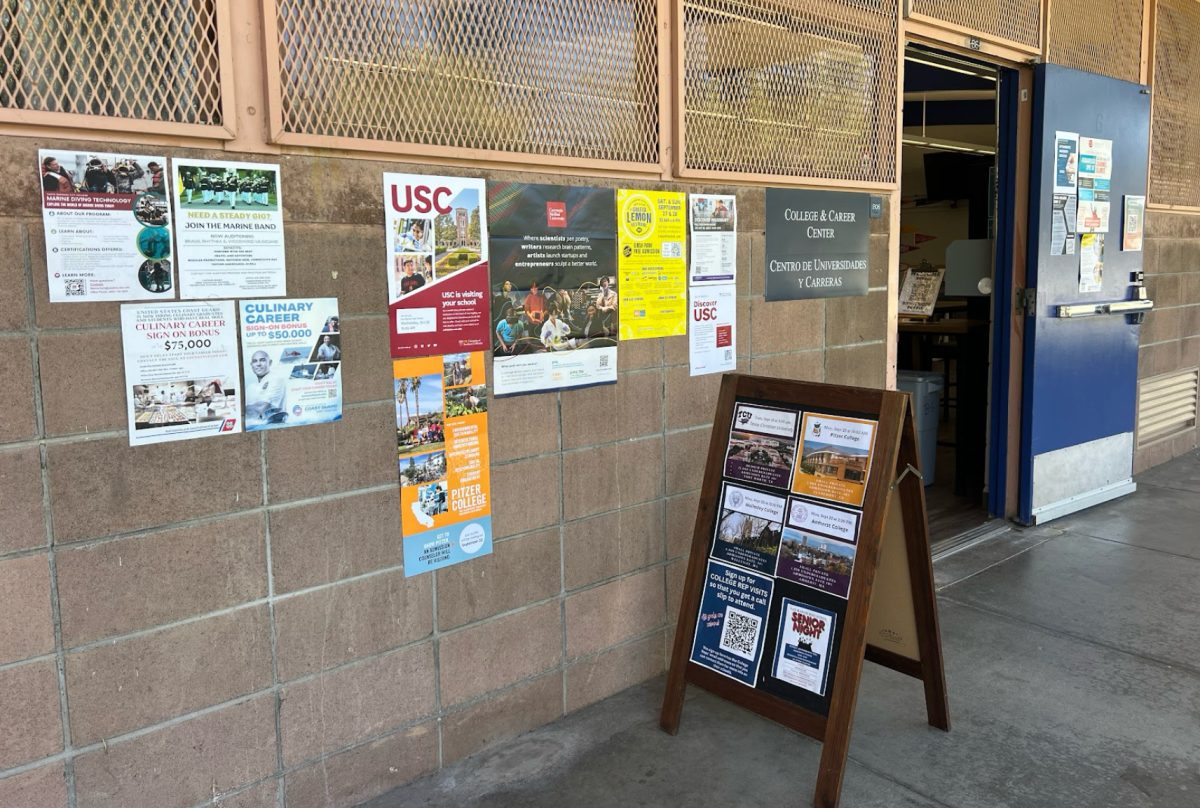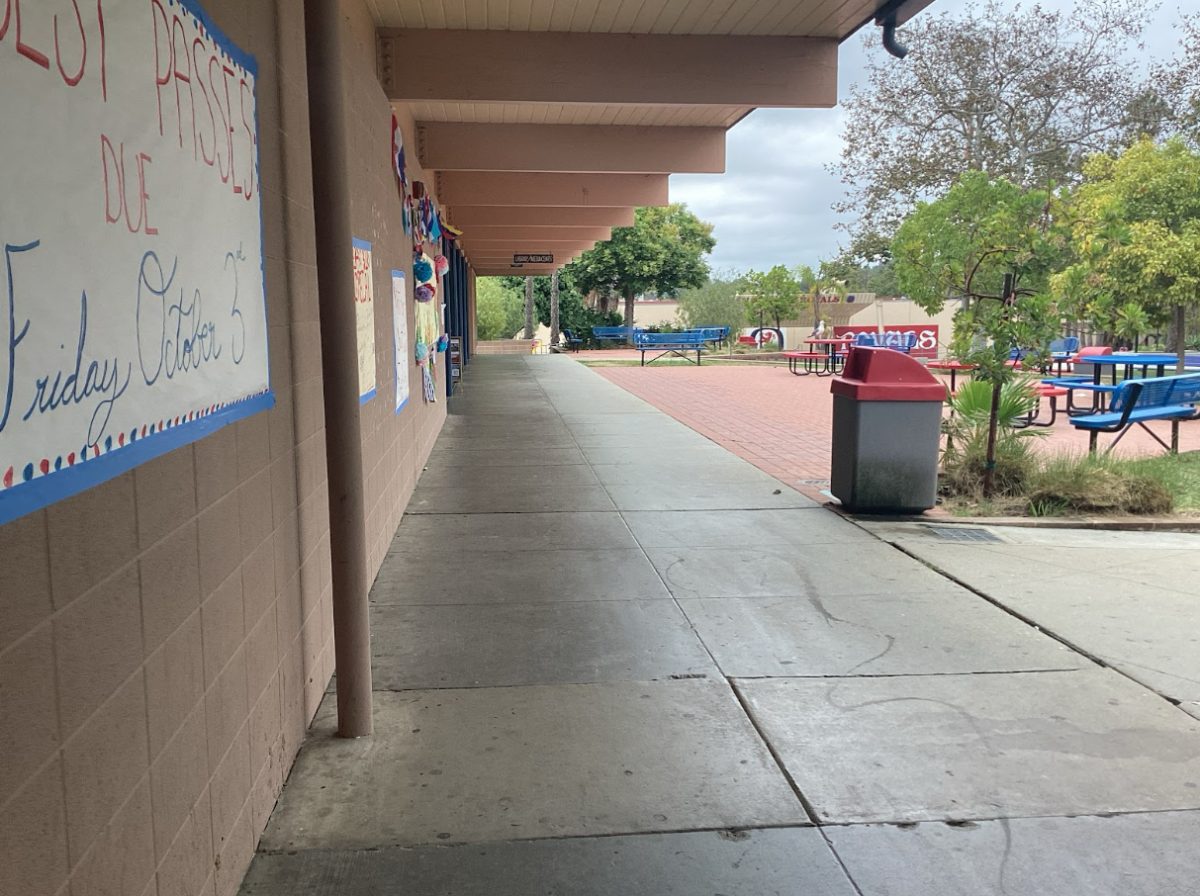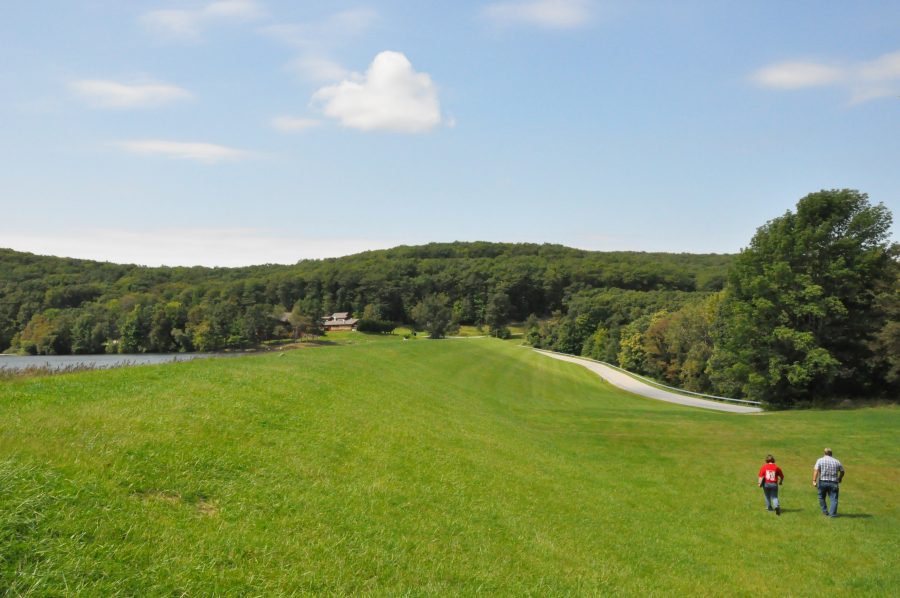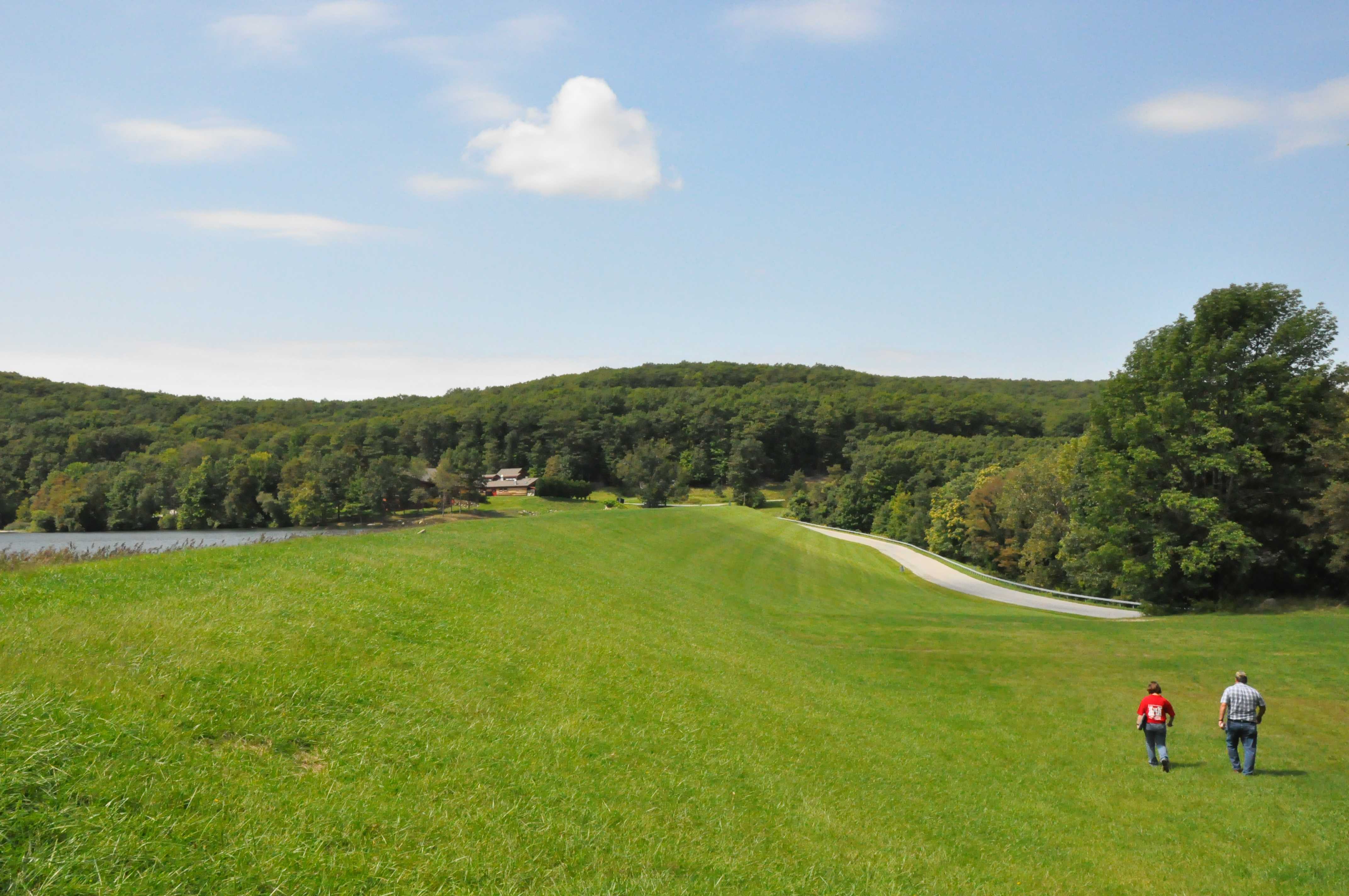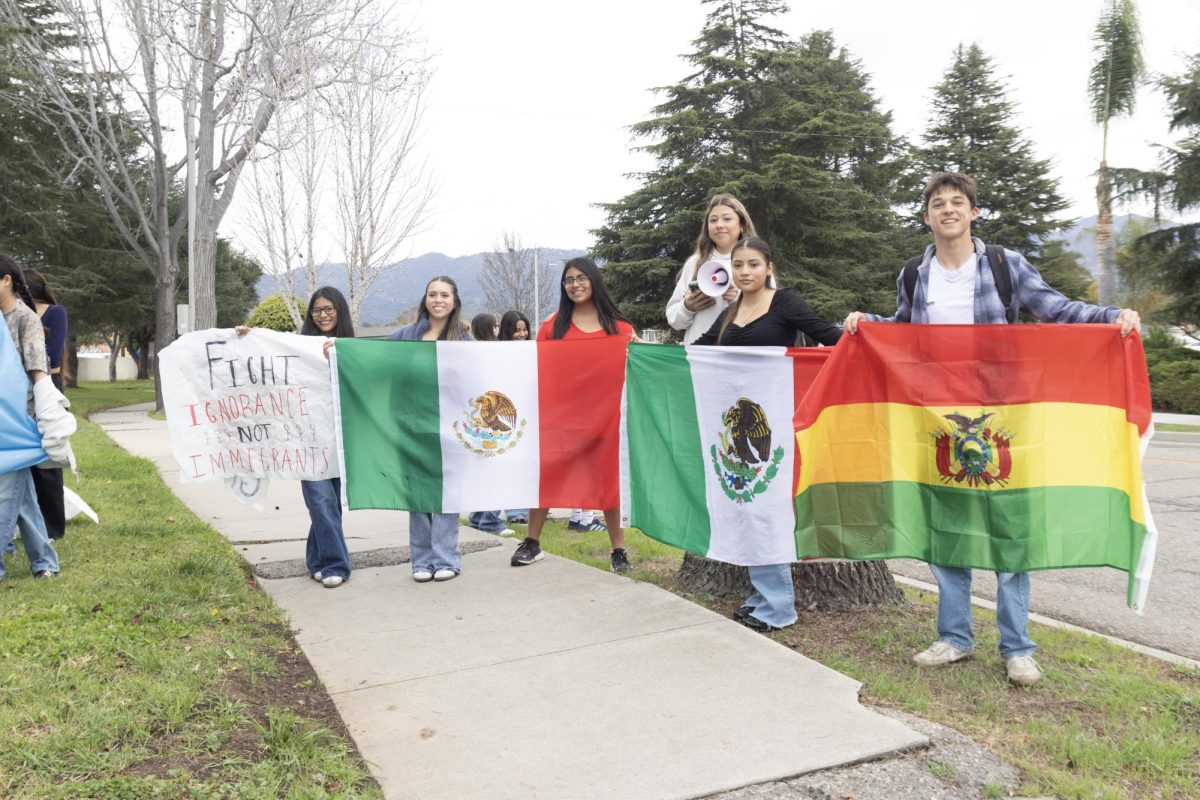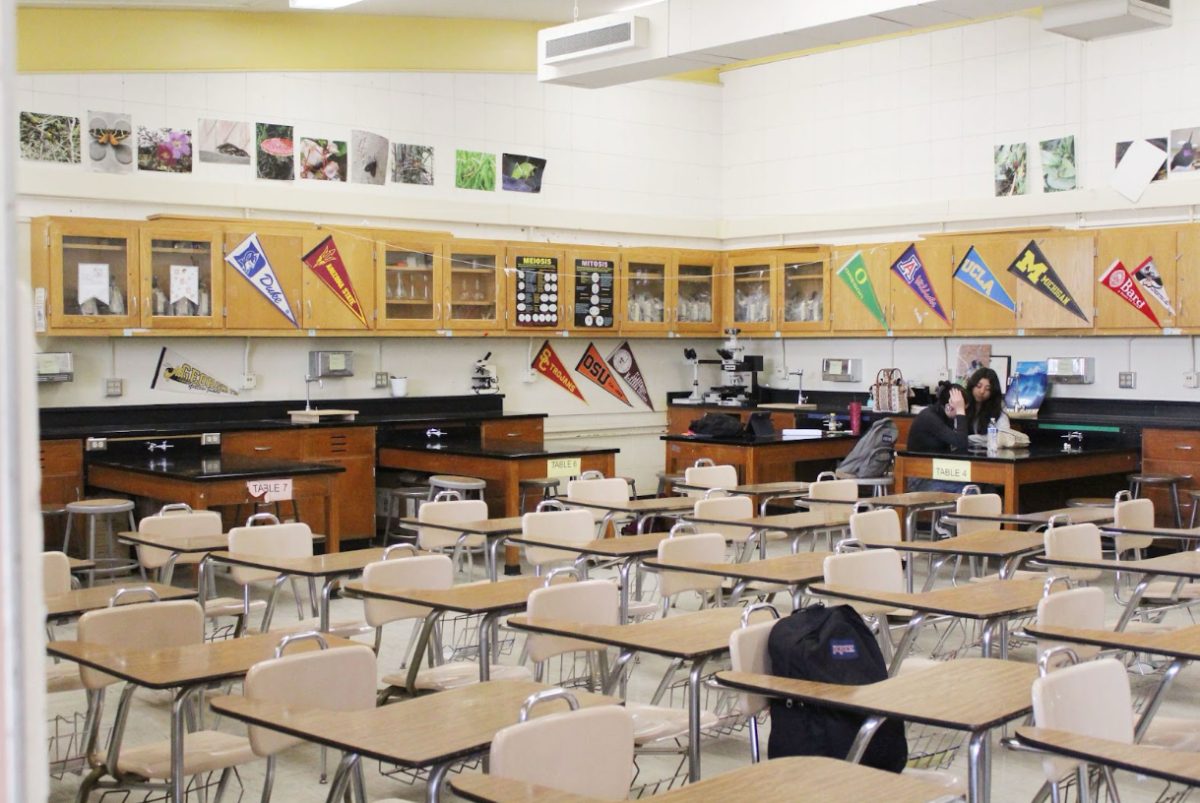Climate change is partly the result of many degenerative practices that people all over the world do every day. Simple things that get overlooked daily build up and create a turmoil of issues that are carving away at our planet, the only place we have to live. Air and water quality is worsening, weather patterns are changing, deforestation is destroying land and homes, and oceans and landfills are scattered with toxic litter. Although all this would seem to be completely out of the hands of a single individual, almost everyone plays a role in contributing to these issues, and everyone can make a change in their day-to-day life with the introduction of simple practices to bring about big changes. Because all actions have consequences, even doing nothing comes with a cost.
The most simple change a person can do, which not only brings about drastic changes for the environment but also for your bank account, is reusing. Think about how many plastic water bottles, plastic bags, paper towels or gift wrappings you go through in a week, a month, a year. Now add your family, your friends, your neighbors, your classmates/coworkers and then their family and friends and neighbors and so on and so on. With the knowledge that plastic doesn’t decompose for 1,000 years, try to imagine the amount of plastic that scatters, and will continue to scatter our planet for many generations after our deaths. All the people, animals, plants and natural resources affected. Plastic specifically pollutes the air, degrades the ozone layer and pollutes the soil and water through leaching harmful chemicals and heavy metals into the ground and later into our bodies. It also allows for the increase in the temperature of the planet and the risk of skin cancer by increasing ground-level ultraviolet radiation. Any products which cannot be reused, requires users to go out and buy more.
“The need for new things. New clothes, new gadgets, new imports, etc. The need for new things means more extracting for the environment, habitat destruction, etc. […] Avoid the trends to buy new things for the sake of buying new things. Live simply,” says Daniel Elkin, Office Manager & Event Coordinator at the Environmental Defense Center of Santa Barbara, California when asked to comment on what she believes is one of the most environmentally degenerative practices that is a part of the average person’s lifestyle.
By using more, we need to take more. By becoming aware of all the items one goes through every day through single-use, you can learn to save and reuse products, which leads to a decrease in the amount of excess litter in the world and eliminates the necessity of having to restock on products, which is a strain on your wallet. By putting in the little effort to store items for later reuse or buying specific products that are reusable, you can help the environment and help yourself. It’s made easy.
Another simple action that can be made towards aiding environmental conservation is being conscious of not tossing, or just picking up, litter on the streets. Wrappers, bags, caps, bottles and cans thrown out are blown or washed into the forests, oceans and creeks of surrounding areas. This causes direct harm to wildlife by putting their health and life at risk by clogging their stomachs, fooling them to believe they are full and causing them to starve, releasing toxic chemicals into their bodies, and trapping them in litter that can suffocate, injure, or infect them with harmful toxins. As well as indirectly, litter in an ecosystem can poison water that is vital for the survival of many organisms in an ecosystem, including ourselves. The simple solution, toss litter in the respectable bins. If you want to go above and beyond, pick up the litter on the ground left by those who are unaware of the degenerative aftermaths of tossing litter outside.
A fun practice that helps reduce waste in landfills and adds many benefits to surrounding soil is composting. By bringing an awareness to where you toss natural waste products, such as food scraps, coffee filters, newspapers, napkins, tea bags, egg cartons and yard clippings such as grass and raked leaves, you can bring about many environmental benefits. Compositing helps prevent erosion, improves downstream water quality by retaining pollutants, and helps the soil absorb and retain nutrients and moisture, all the while protecting plants from disease and pests. It can be fun, and it is very little work. You can set up a respectable bin and instead of quickly scrapping natural waste products into the trash or down the sink, you can quickly scrap them into a compost bin.
Saving water helps areas in drought, or any area really, retain more pure, clean water. Saving water is as easy as turning off the sink whenever possible doing dishes, brushing teeth, or washing hands or being aware of shower time and placing a large heavy object in the water-holding bowl of your toilet to waste less water when flushing. This all cuts down tremendously on water use and your water bill, its a win win. Same goes for watering your yard at dawn or dusk, the sun evaporates less of the water and the sprinklers can do their job better by bringing more water to the plants and less into the sky. It’s made so easy for the environment and for us!
A massive contributor, if not driver, of climate change is air pollution from CO2 emissions from cars or the methane gas/smoke that comes with mass livestock farms, especially cattle. The ozone layer thins and gets patches of holes as the pollution and gas depletes and prevents the formation of new ozone molecules. This sets off a turmoil of other negative effects for environmental and human health. By taking a bike, walking instead of driving when possible, or managing driving time by planning week trips to the grocery store/gas station etc., CO2 emissions will be greatly reduced. Methane gas is released in huge amounts every second from mass livestock farms around the world. Although natural, and not harmful in moderate amounts, the meat industries vast amount of cattle farms not only require deforestation, sometimes through burning large area of land to clear the space that releases harmful smoke into the air, but also has driven a society with such high meat demands that the earth now has more cattle than people. Reducing your meat intake, even just a little, you can make major differences for not only your health but also the high demand for meat and land, thus reducing the amount of deforestation and methane emissions into the air.
It can be difficult to incorporate or switch out routines and/or habits if you don’t see the full picture. Here are simple, quick, and hugely beneficial practices that help aid the conservation of the environment so very much. The fact is that the Earth cannot sustain us at the rate we are growing in population size, using and destroying natural resources, and with the lifestyles we are leading. The effects are catching up to us and become more threatening each year.
“On a large scale, yes. If everyone had it in their minds to eat less meat, cut down their water usage, reduce and reuse and recycle, that could go a long way,” says Environmental Defence Center Office Manager & Event Coordinator, Daniel Elkin
“I try to save water and electricity by taking shorter showers and turning off the lights and unused appliances when leaving the house or not using them…I could be doing a lot more but recycling and reusable hydro flasks and like not-using single used products is basically what I am doing now,” says SMHS Junior Evan Shinn when asked what environmentally conservative practices he includes in his lifestyle. So simple he even states he could be doing more.
We see can still turn it around, but not for much longer. Nothing else will matter when our Earth dies, we will die. But we have the chance to save it, so get educated. Every action, including no action, will have its consequences.
**Check out other articles that go into more detail of the effects and benefits of these practices! —> this article is just an overview.

Staff Writer
Luna is a junior at San Marcos High School…

